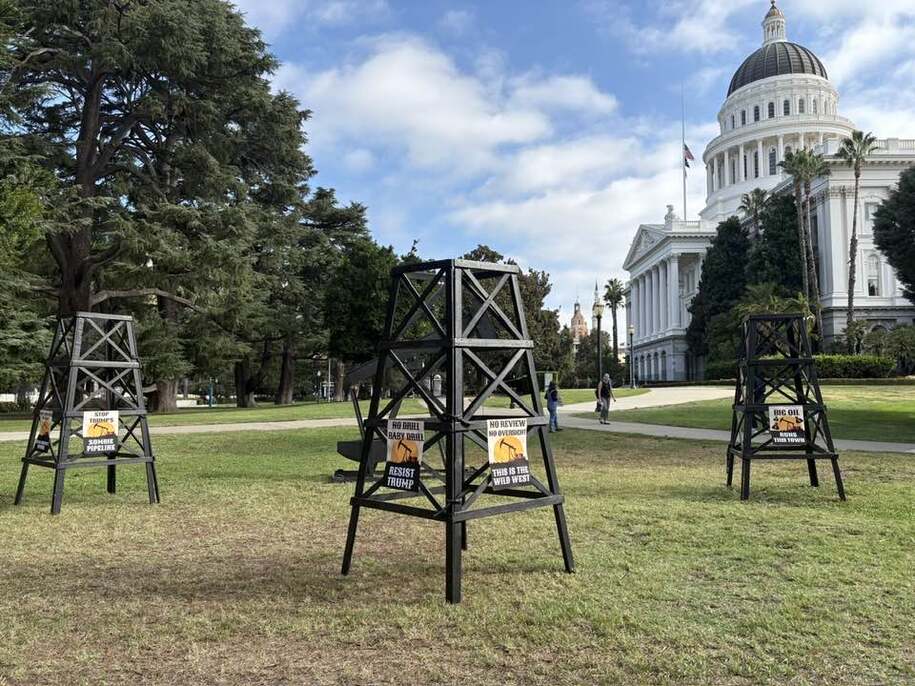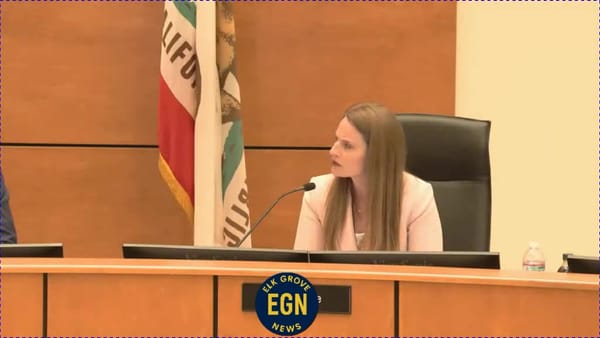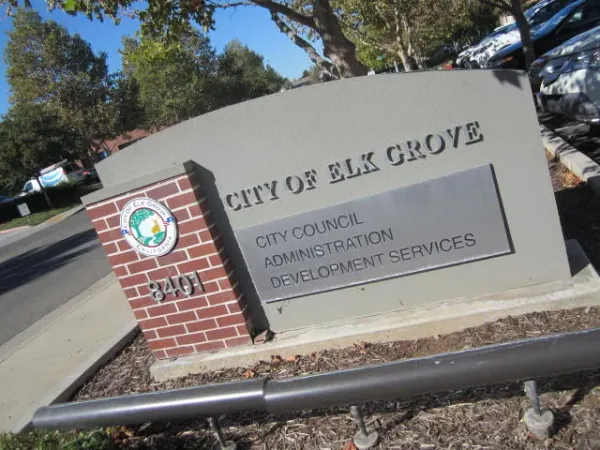Advocates say signing of California trailer bills is 'devastating blow' to climate and public health
Newsom described the bill package as “sweeping bipartisan reforms to California's world-leading climate policy that promise to save Californians billions of dollars on energy costs.”





